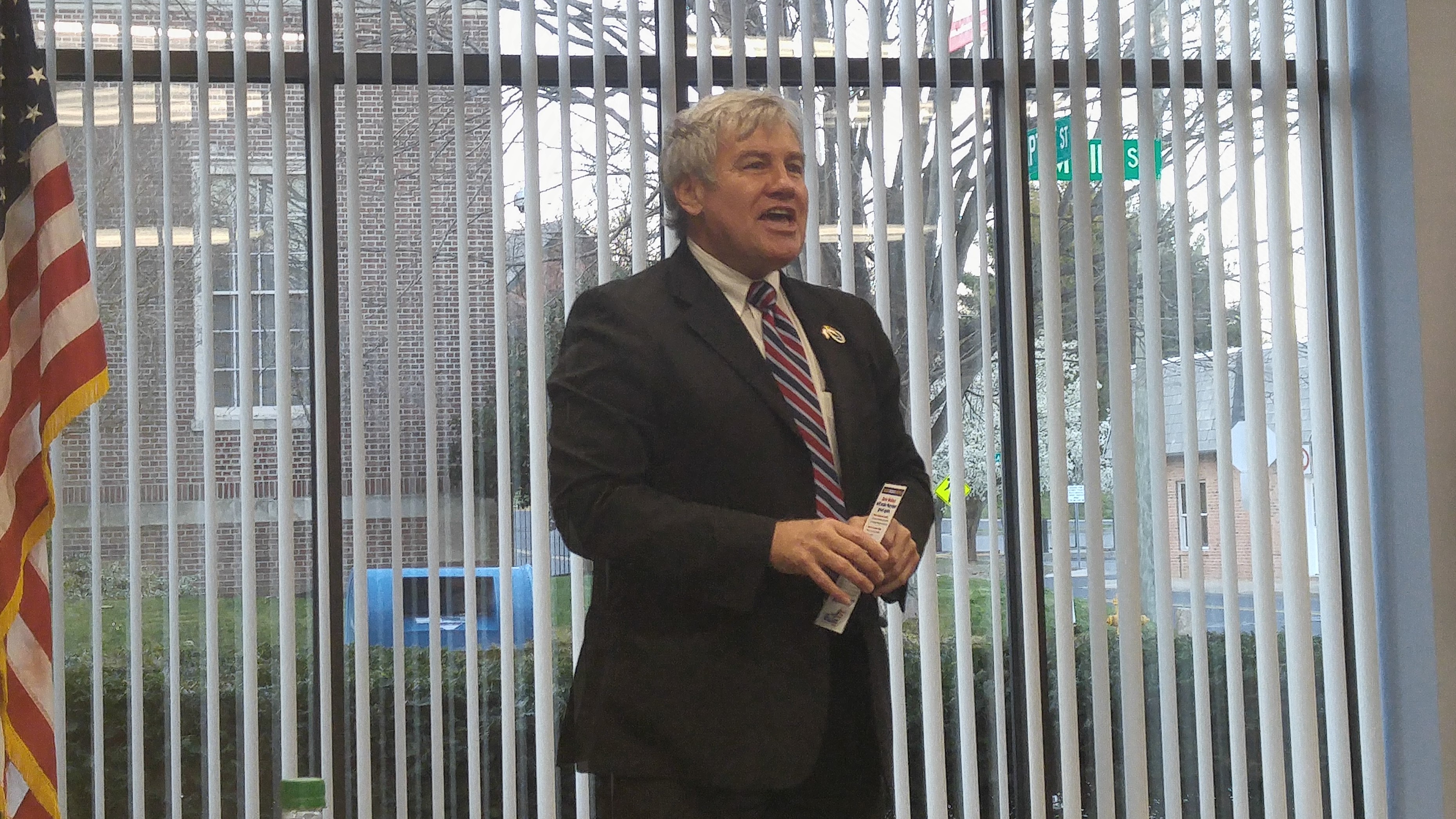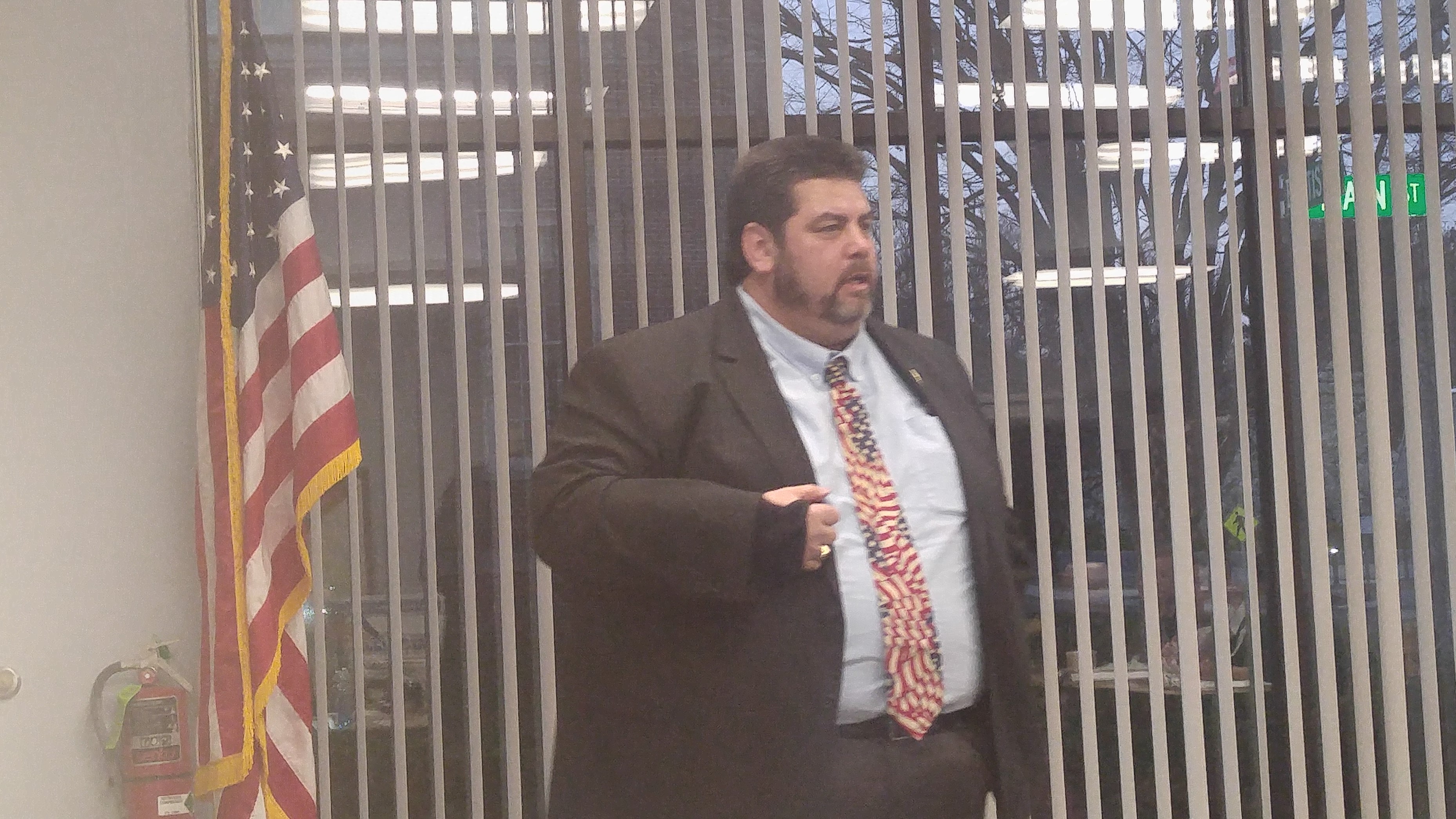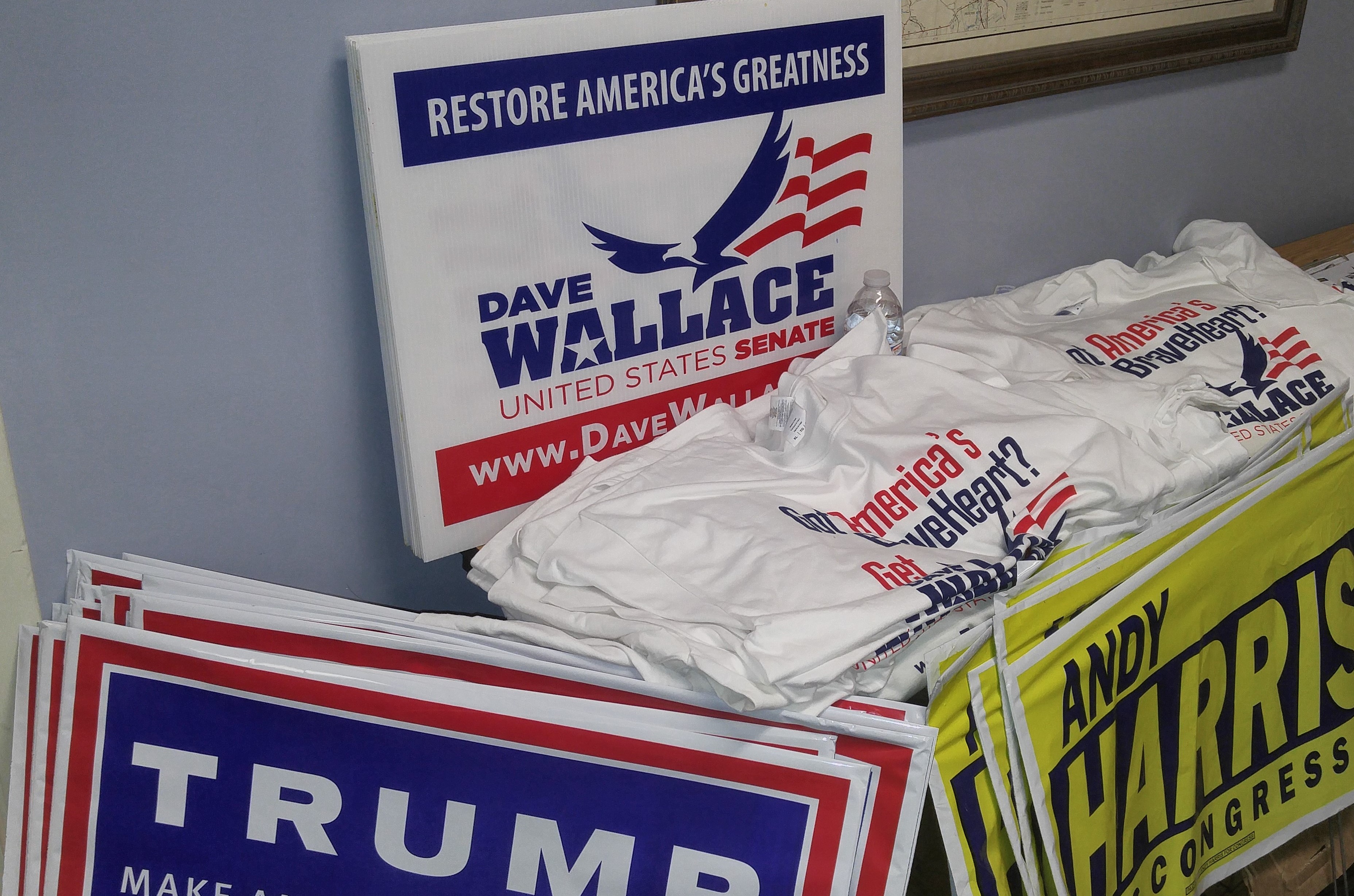I am finally approaching the halfway point in this quest, and pocketbook issues have considerable importance. This section is the first of two consecutive segments dealing with the economic end of government. Trade and job creation, to me, are the areas of government which most directly affect your income. (The next section, taxation, is the other end of the pocketbook equation.)
As I have noted throughout, you can work your way through the series by starting here and working forward as issues gain in weighting my decision.
In five bullet points or less, our next President should:
- Revisit the Trans-Pacific Partnership (and other deals) to see if they can be salvaged as a good deal for the United States – which provides the majority of the GDP in each deal and should have the most favorable terms while maintaining our sovereignty. Otherwise, I believe in free trade that is fair, so we should work to isolate countries who don’t play by the rules.
- Get government out of the way! According to the Competitive Enterprise Institute, regulations cost business $1.885 trillion in 2015. That has to stop.
- Rather than knuckle under to the knuckleheads who think we should have a “living wage,” the federal minimum wage should be abolished entirely. States are free to continue the lunacy and watch their businesses suffer the consequences when minimum wages get too high for the market.
- Be an advocate and cheerleader for the right-to-work movement.
- Invest in necessary federal infrastructure, particularly highways – the “post roads” of the modern era. Not only does this benefit job creation but it would assist in getting goods from place to place more quickly.
So where do my contenders stand? Let’s find out how many of the nine points they will receive.
Castle: Opposed to TPP as “the worst of our free-trade agreements.” Should freely trade with all nations but formal agreements cost us sovereignty. (Facebook)
Hedges: Opposes Republican policy of giving away our jobs through free trade.
Supports “appropriate employment at a living wage available to all citizens who are able to work.”
“The importing of goods from and the offshoring of services to other nations are the primary causes of lost jobs and impoverished communities in America. We favor free trade only on a reciprocal basis among equals. We will impose balancing tariffs on all goods imported from countries whose wage scales, labor benefits, and environmental protections are not similar to our own. No nation which fails to protect the civil rights of its citizens may be accorded ‘most favored nation.'” (party platform)
As a party they also support right-to-work states and would index Congressional pay to the minimum wage.
Hoefling: “Politicians constantly talk about ‘jobs, jobs, jobs,’ even though they don’t have any jobs to offer that aren’t government jobs, or jobs that are subsidized by the taxpayers, and by debt shoved off on our grandchildren. As if we don’t already have more than enough of those kinds of jobs, right?
Here’s another thing: while working for a paycheck is certainly an honorable thing, it is not the American ideal. The ideal is for YOU to OWN your own piece of this country.
My goal, should I become the governor, is not to offer jobs to my fellow Iowans, or to use your money to bribe some company to provide you with a job. My goal is to secure your rights, and to then create an economic environment of FREEDOM, low taxes, reasonable, minimal regulation, and OWNERSHIP, an environment that will quite naturally lead to productivity and prosperity for all.
And, of course, the bonus is, companies will line up to do business in a state like that. You know it’s true.
‘Jobs, jobs, jobs’?
NO!
OWN, OWN, OWN!” (as Iowa gubernatorial candidate, 2014)
Johnson: Reduce the administrative burden. Level the playing field. Incentivize job growth.
As governors, both Gary Johnson and Bill Weld supported policies that incentivized job growth. In 2012, Gov. Johnson was praised as having the best “job creation” record of all presidential candidates. And Weld transformed Massachusetts from having the highest to the lowest unemployment rate of any industrialized state in less than 8 years.
Yet, Johnson has said that, “As Governor, I didn’t create a single job.” His point, of course, being that government doesn’t “create” jobs. Entrepreneurs, businesses, and economic prosperity are the building blocks for job growth.
Governors Johnson and Weld believe that we must allow a regulatory and tax environment that incentivizes fairness. Not one that picks winners and losers. The purpose of government regulation is to protect citizens from bad actors and the harm they might do to health, safety, and property. But regulation should not be used to manipulate the economy, to manage private lives and businesses, or to place unnecessary burdens on those who make our economy work.
Today, the reason so much corruption and power thrive in Washington, D.C., is that powerful corporate interests actually benefit from over-regulation. After all, they have the resources to comply with onerous laws. But for the average American, entrepreneur, or small businessperson, they don’t have teams of high-priced attorneys to help them navigate the bureaucracy.
We simply need to apply common sense to regulatory policy. Let’s get rid of the unnecessary laws and taxes that siphon the resources businesses use to create the jobs we need.
Governors Gary Johnson and Bill Weld helped create the conditions for job growth in their states. In the White House, they will create the conditions for massive job growth across the entire country. (campaign website)
McMullin: American businesses export more than $2.2 trillion per year of goods and services. The demand for American exports supported 11.5 million jobs, an increase of more than 50 percent over the past 20 years. On average, these jobs pay 18 percent more than jobs that are unrelated to exports. For all these reasons, Evan believes that trade is an engine of prosperity and that well-designed trade agreements can help our economy grow even more.
At the same time, we can do more to help American workers adjust and thrive in the 21st century. Since 2000, the U.S. economy has lost 5 million manufacturing jobs, although more than 12 million Americans still work at factories. The main driver of this trend is advanced technology, especially advances in robotics and computing. Today, U.S. automakers produce just as many cars as they did 20 years ago, yet the auto industry employs 300,000 fewer workers, a reduction of almost 25 percent.
Therefore, Evan believes that one of the most important ways to help American workers is to make education more affordable while supporting the growth of technical schools, online education, and work-based training programs. It is essential to support these alternatives to the typical full-time four-year degree program, which may not be a good fit for older students who need to work and support their families while studying. While U.S. factories have cut millions of jobs for those with a high school education or less, hiring of college graduates remains stable, while hiring of those with graduate degrees continues to demonstrate strong growth.
Around the globe—even in China—manufacturing employment is shrinking rapidly as factories rely more and more on advanced technology. Thus, using tariffs to raise the cost of Chinese imports won’t bring those jobs back to the United States. In fact, it will kill American jobs, because China and others will block U.S. exports, which now support more than 11 million jobs.
In addition, raising the cost of imports will force hard-pressed American families to pay hundreds or thousands of dollars more each year for basic necessities, from clothing to pots and pans and diapers.
Evan supports the Trans-Pacific Partnership (TPP), a trade agreement recently signed by 12 countries, including Japan, Australia, and Vietnam. The TPP will eliminate tariffs for all the countries that sign, but it will not go into effect until ratified by Congress, which must vote ‘yes’ or ‘no’ without making any changes to the agreement.
One of the biggest advantages of the TPP is that reducing tariffs to zero favors American companies. Right now, America has low tariffs, not far above zero. In contrast, other countries’ tariffs will plunge when the TPP goes into effect, opening up their markets to U.S. exports. TPP is still a good deal for those countries, because it gives them better access to the biggest market in the world (ours) and the third biggest (Japan).
TPP also helps create a level playing field between U.S. workers and their counterparts overseas. If foreign companies lower their costs by mistreating workers and polluting the environment, then its puts American companies at an unfair disadvantage. However, TPP has the strongest protections for labor and the environment of any major trade deal.
Finally, TPP is important for national security reasons. Our allies in Asia are watching to see whether the U.S. still has the ability to set the rules of the road, or whether their security depends on submitting to China. That is why the secretary of defense has said, “TPP is as important to me as another aircraft carrier.” If the U.S. abandons TPP, China is likely to intensify its campaign of intimidation in the South China Sea. Thus, support for TPP is a win-win proposition; it enhances our security and reinforces the growth of job-creating American export industries.
Americans are ready to work hard to provide for their families, but fewer and fewer are capable of finding the good jobs necessary to support a middle-class standard of living and help them to pursue their dreams. If we accept the slow growth of the Obama years this won’t change. Only if the economy begins to grow faster—at a rate of more than 3 percent year instead of less than 2—will good jobs become more widely available.
Right now, there are three major roadblocks standing in the way of a stronger economy: a tax code that rewards special interests while hurting small businesses, excessive regulations that cost businesses almost $2 trillion per year, and runaway entitlement spending that multiplies the national debt.
Evan McMullin will dismantle these roadblocks. (Editor’s note: see my next part, taxation, for point 1).
Federal regulations play an essential role in making sure that Americans have clean air, clean water, and safe food. Yet the blizzard of intrusive regulations issued by the Obama administration have gone far beyond what is necessary to protect our health and the natural environment. Instead, these regulations serve as an invisible tax that raises the cost of doing business and prevents firms from creating jobs. As president, Evan McMullin would direct federal agencies to identify a clear problem that needs to be fixed before resorting to further regulation. If an agency believes regulation is necessary, it would still have to prove that the benefits of a proposed regulation are greater than its costs. The same test would also be applied to existing regulations, which would be lifted if they were not achieving their goals.
If the United States can’t get its national debt under control, the government will eventually have to impose harsh taxes or pursue other policies that would drive the economy into a deep recession, destroying millions of jobs. The number one cause of runaway debt—now more than $19 trillion—is the cost of entitlements. Our country needs Social Security and Medicare to ensure the health of senior citizens and prevent them from falling into poverty. We also need Medicaid to provide health care to the needy. Yet these programs are so inefficient, wasteful, and susceptible to fraud that their costs are out of control. The result is that the government must borrow vast sums to keep the programs going. The Obama administration has already added $9 trillion to the debt, almost as much as every previous administration combined.
With a smarter tax code, streamlined regulations, and entitlement reform, the U.S. economy can begin to grow again at the rates it did in the 1980s and 1990s.
Evan McMullin believes that America should be the best place in the world for innovation, entrepreneurship and opportunity. We must reform a system that too often benefits the politically connected and the corporate elite, while leaving too many Americans without good jobs. By running for president, Evan McMullin is giving voters the opportunity to get the economy moving again instead of doubling down on the status quo. (campaign website)
**********
I wish Darrell Castle had been more specific and forthcoming on his economic policy. I’m sort of stuck here – on the one hand, the fealty to the Constitution he advocates would mean he would properly address most of my issues, but there are always the provisos and conditions to watch out for. I consider this a wasted opportunity for him. 3 points.
Jim Hedges has somewhat of a right idea on free trade, but the rub comes in dictating what policies other nations may have – particularly when we are so overregulated. Moreover, his stance on jobs at a “living wage” is troubling, and suggests he may not be as strongly in favor of the right-to-work platform plank. I can only give him 1.5 points.
I suspect Tom Hoefling is speaking of entrepreneurship, which is indeed sorely lacking in this country. Even better, it is a philosophy that is scalable to a national level, although the details could really be fleshed out more. He has the same problem as Castle insofar as the specifics aren’t being put out there and easily available. I give him more credit since he addressed the more important aspect of job creation. 4 points.
Gary Johnson gets it insofar as the philosophy goes, and he makes an extremely salient point regarding how the regulatory climate stifles competition. Big corporations become big donors, and then they move into the realm of lobbying for regulations designed to keep small players from gaining market share. But the question is how much will he do to promote “fairness” vs. to promote “opportunity.” There is a subtle but important difference, because fairness implies equality of outcome and that isn’t the way a free market works. Maybe I’m being picky with the term, but generally these campaign issue statements are thought through to make a certain point. 5.5 points.
Evan McMullin is much more sold on TPP than I am, particularly because China is not a party to it. One has to ask what we are giving up if other nations are suddenly going to reduce their tariffs to our level. I don’t think not having access to economies in Chile, Brunei, and several other signatories will break us.
And there’s the idea of justifying regulations – well, any idiot will tell you that of course the government agency that writes and enforces regulations will say they are justified. This needs to be determined independently of the government because job one for a bureaucrat is preserving his job, not solving problems. It’s also telling to me that Evan really didn’t discuss these educational alternatives in workforce training in his general education segment. Here he seems to want more government involvement, not less.
Note that I moved the taxation part of job creation to the next installment, but left the part about entitlements in because he also makes those same points there. I’ll discuss that subject in due course. Anyhow, Evan doesn’t do that well in this category with his political-speak. 2.5 points.
As I noted above, it’s certain my next part is taxation.




